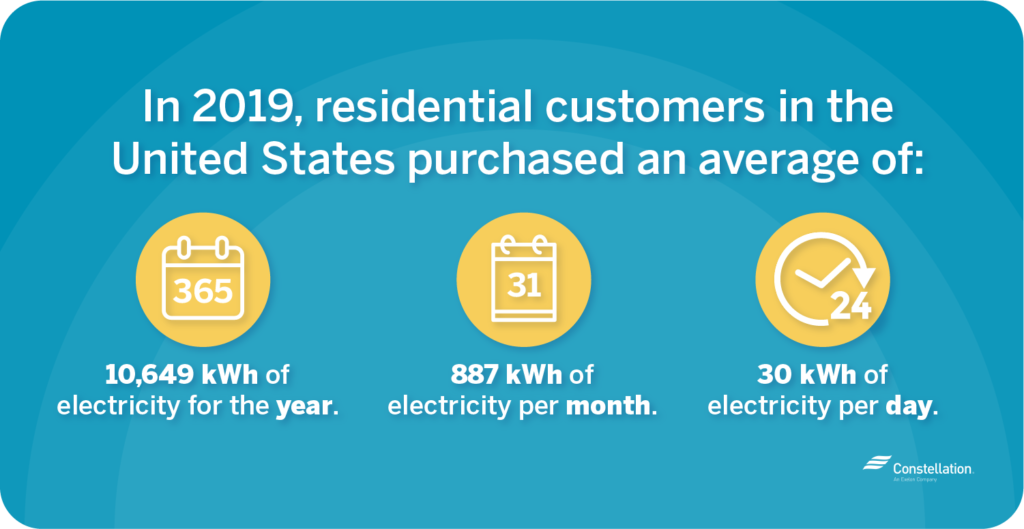How many kWh per day is normal?

Energy consumption is a topic of increasing importance as we strive to become more energy efficient and environmentally conscious. Understanding how much energy we use on a daily basis is essential in identifying areas where we can reduce our consumption and make a positive impact. In this article, we will explore the factors that affect energy consumption, the concept of kilowatt-hours (kWh), and what is considered a normal kWh per day.
Factors Affecting Energy Consumption
There are several factors that can influence the amount of energy consumed in a household. These factors include:
- The size of the household
- The climate and weather conditions
- The type and number of appliances used
- The insulation and energy efficiency of the home
- The daily activities and habits of the occupants
Understanding kWh (Kilowatt-Hours)
Kilowatt-hours (kWh) is a unit of measurement used to quantify energy consumption. It represents the amount of energy consumed when a device with a power rating of one kilowatt (1 kW) is used for one hour. For example, if you have a 100-watt light bulb that is turned on for 10 hours, it would consume 1 kWh of energy (100 watts x 10 hours = 1000 watt-hours = 1 kWh).
Average Energy Consumption per Day
The average energy consumption per day can vary depending on various factors, but according to the U.S. Energy Information Administration (EIA), the average residential energy consumption in the United States is around 28 kWh per day. However, it is essential to note that this figure can vary significantly depending on factors such as the size of the household, the climate, and the energy efficiency of the home.
Tips for Reducing Energy Consumption
Reducing energy consumption not only helps the environment but also saves money on utility bills. Here are some tips to help you reduce your energy consumption:
- Switch to energy-efficient appliances and light bulbs
- Turn off lights and electronics when not in use
- Unplug devices that are not being used
- Adjust your thermostat to save on heating and cooling
- Use natural lighting and ventilation whenever possible
Case Studies: Comparing Energy Consumption
To give you a better idea of what is considered a normal kWh per day, let's take a look at some case studies:
Case Study 1: A small family of three living in a moderate climate with energy-efficient appliances and practices may have an average energy consumption of around 20 kWh per day.
Case Study 2: A larger family of five living in a colder climate with older appliances and less energy-efficient practices may have an average energy consumption of around 35 kWh per day.
These case studies illustrate how various factors can impact energy consumption and highlight the importance of energy-saving practices.
Conclusion
While there is no definitive answer to what is considered a "normal" kWh per day, understanding the factors that affect energy consumption and practicing energy-saving habits can help you reduce your energy footprint and contribute to a more sustainable future.
Frequently Asked Questions
1. What is kWh and how is it calculated?
KWh stands for kilowatt-hour and is calculated by multiplying the power rating of an electrical device (in kilowatts) by the number of hours it is used.
2. What is considered a normal kWh per day?
The average residential energy consumption in the United States is around 28 kWh per day, but this can vary depending on factors such as household size, climate, and energy efficiency.
3. How does the size of a household affect energy consumption?
Generally, larger households tend to consume more energy than smaller households due to the increased number of occupants and appliances being used.
4. What are some common energy-saving practices?
Some common energy-saving practices include using energy-efficient appliances, turning off lights and electronics when not in use, adjusting thermostat settings, and utilizing natural lighting and ventilation whenever possible.

Leave a Reply